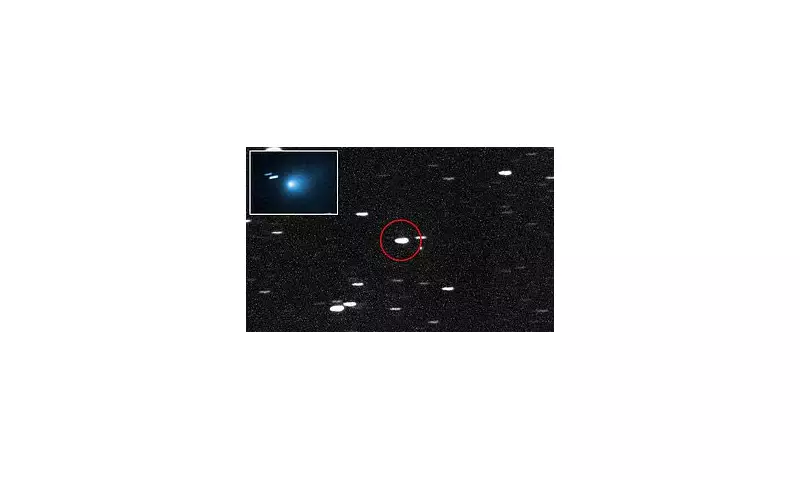
A leading Harvard astronomer has sent shockwaves through the scientific community by proposing a radical theory: the first known interstellar object to visit our solar system might not be a natural space rock, but an artificial probe dispatched by an intelligent civilisation.
Professor Avi Loeb, the former chair of Harvard's Astronomy Department, has long argued that the bizarre, cigar-shaped object dubbed 'Oumuamua' exhibited properties that defied conventional explanation. Now, his controversial hypothesis gains new traction with calculations suggesting the object is on a course to make a return visit to Earth's vicinity.
An Anomaly from the Depths of Space
First detected in 2017, 'Oumuamua's unusual characteristics immediately set it apart. Its elongated shape, lack of a comet-like tail, and most puzzlingly, its sudden non-gravitational acceleration, left scientists scrambling for answers.
Professor Loeb contends that its behaviour is consistent with a lightsail—a form of propulsion that uses radiation pressure for movement. "The possibility that 'Oumuamua is an artificial object, perhaps a piece of advanced technology from an alien civilisation, must be considered," Loeb stated.
The Calculated Return
The most startling new development comes from trajectory analysis. Preliminary data indicates that after its slingshot around the sun, 'Oumuamua is not lost to the depths of interstellar space forever. Instead, its path is projected to bring it back towards the inner solar system, offering a potential second chance for study.
This potential return journey transforms the object from a fleeting mystery into a recurring enigma, presenting an unprecedented opportunity for closer observation, should the predictions hold true.
A Scientific Firestorm
Loeb's views remain highly contentious within the astronomy community. Many of his peers advocate for more conventional theories, suggesting 'Oumuamua could be composed of exotic ices or hydrogen that caused its unusual acceleration.
Despite the scepticism, Loeb's work pushes the boundaries of the search for extraterrestrial intelligence (SETI), arguing that scientists must be open to all possibilities, no matter how extraordinary. The debate continues to rage, ensuring that all eyes will be on the skies, awaiting the object's potential return.





